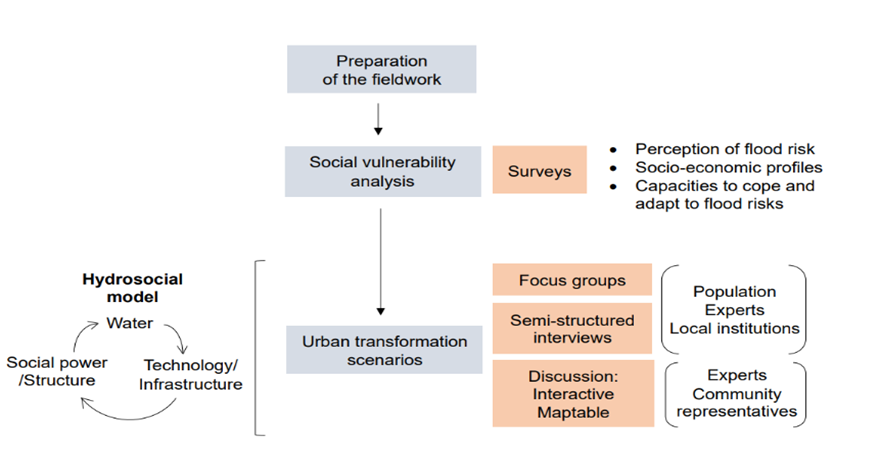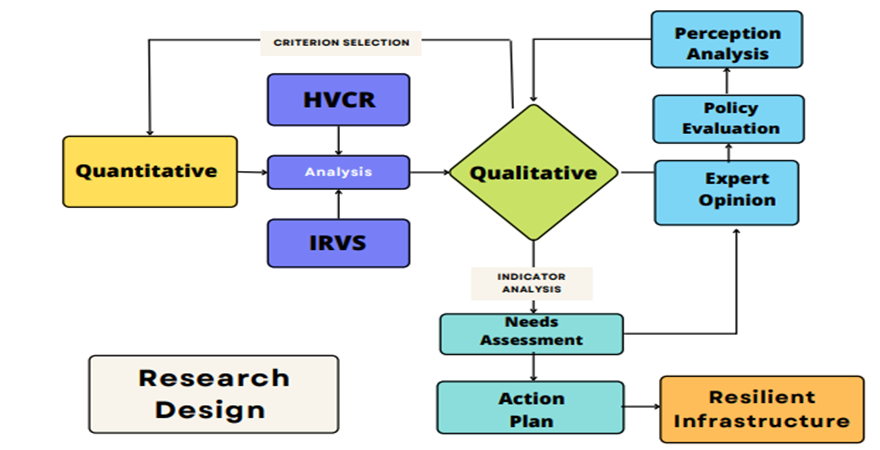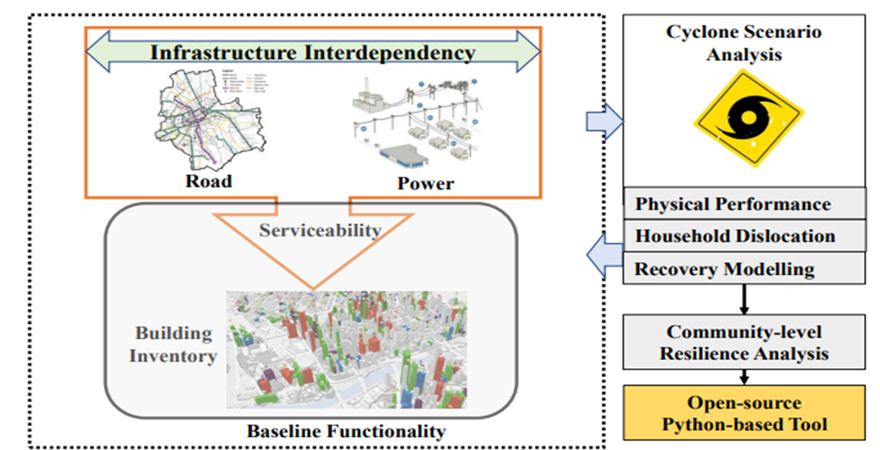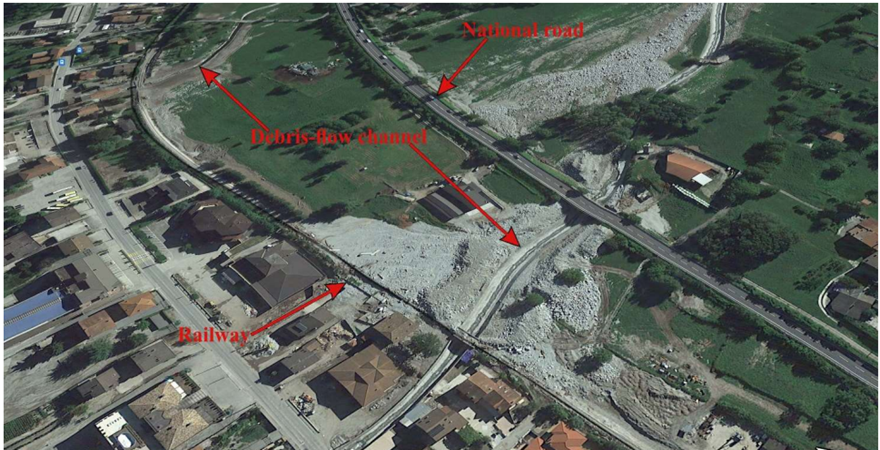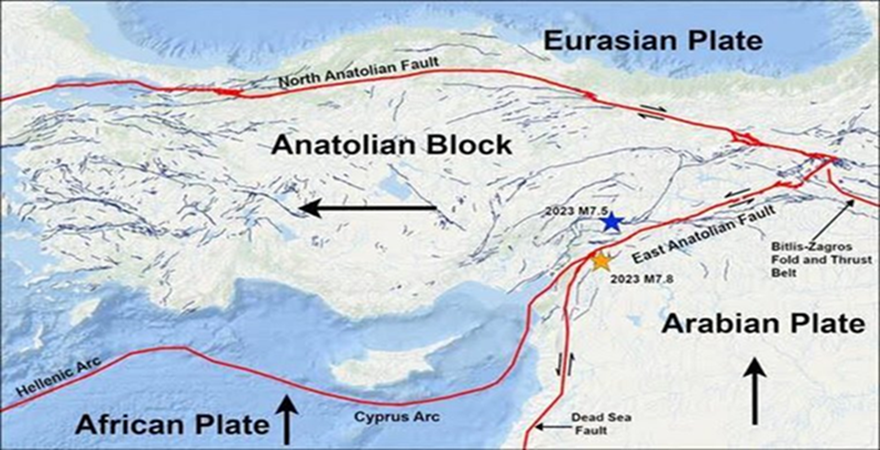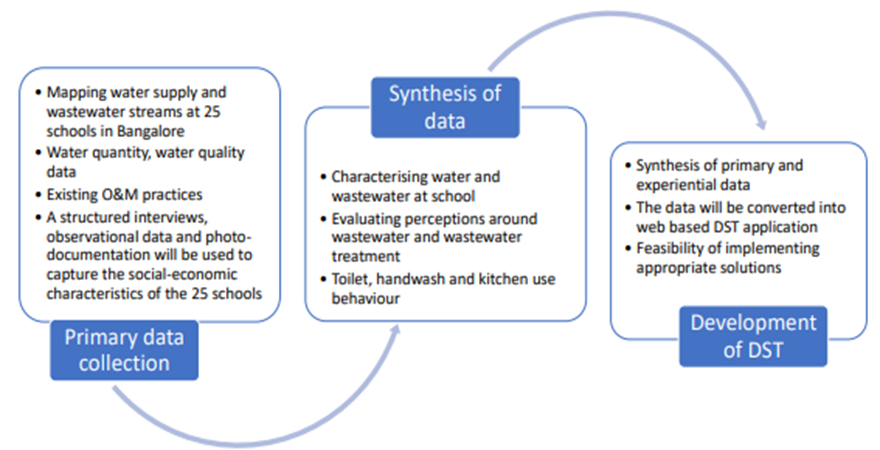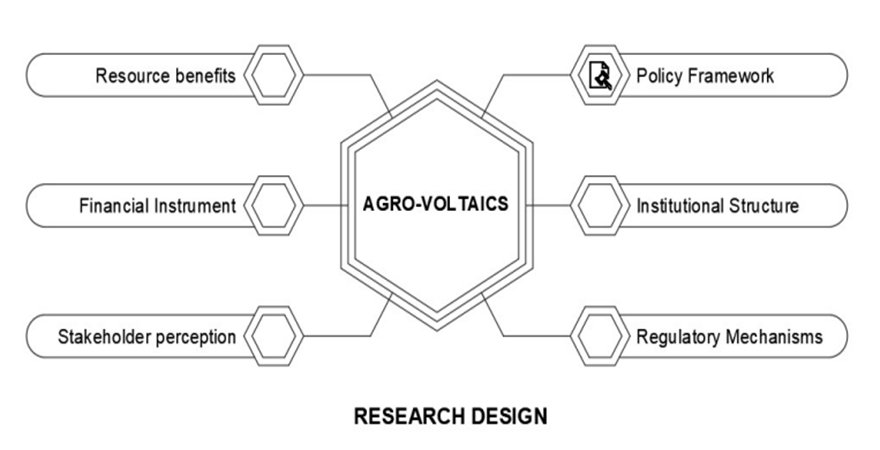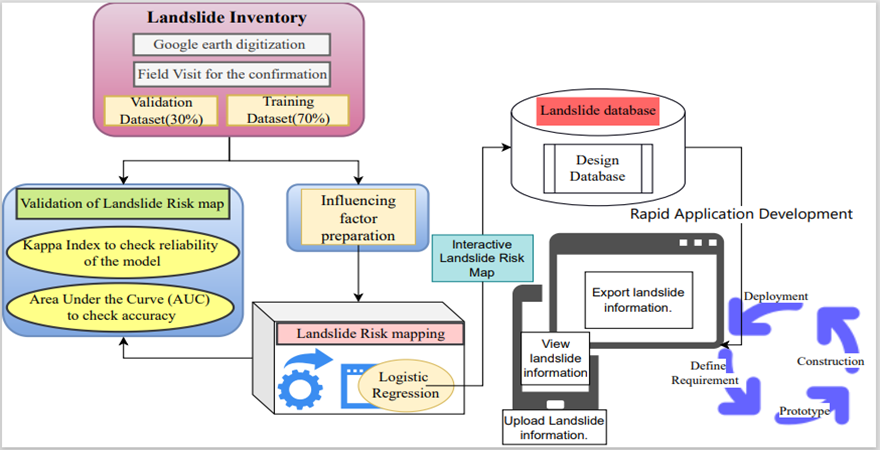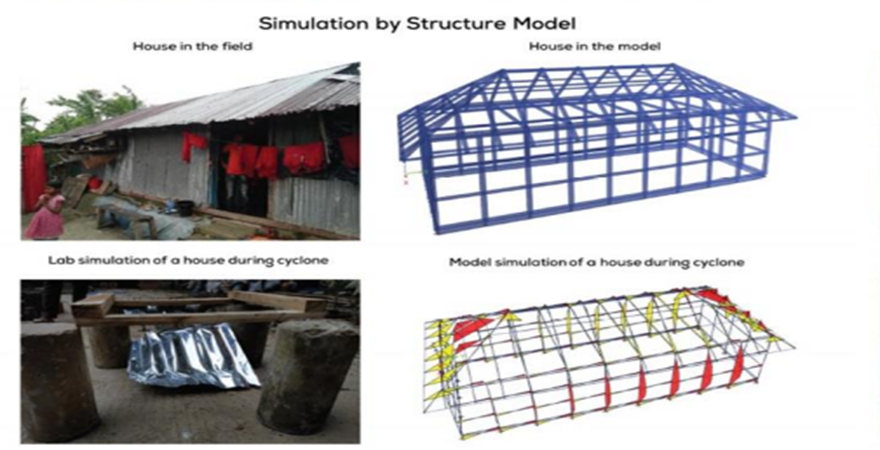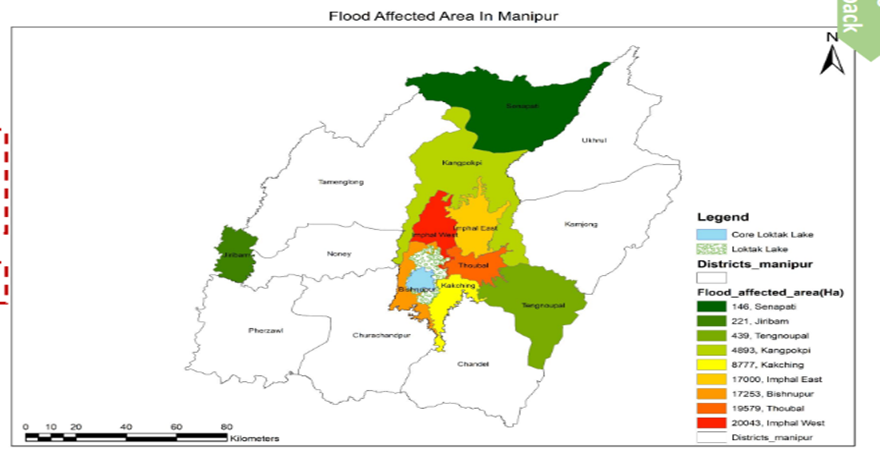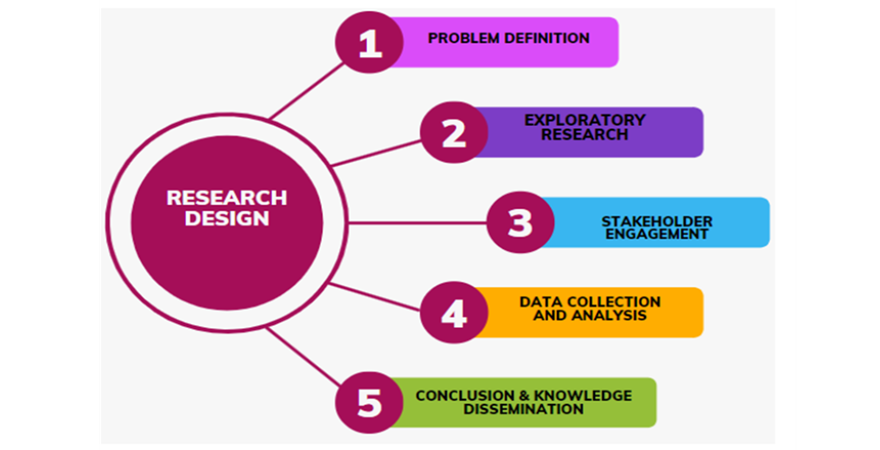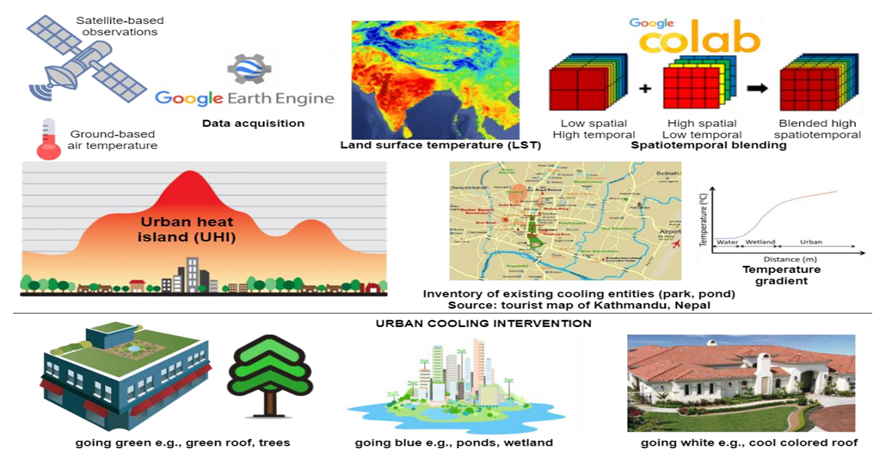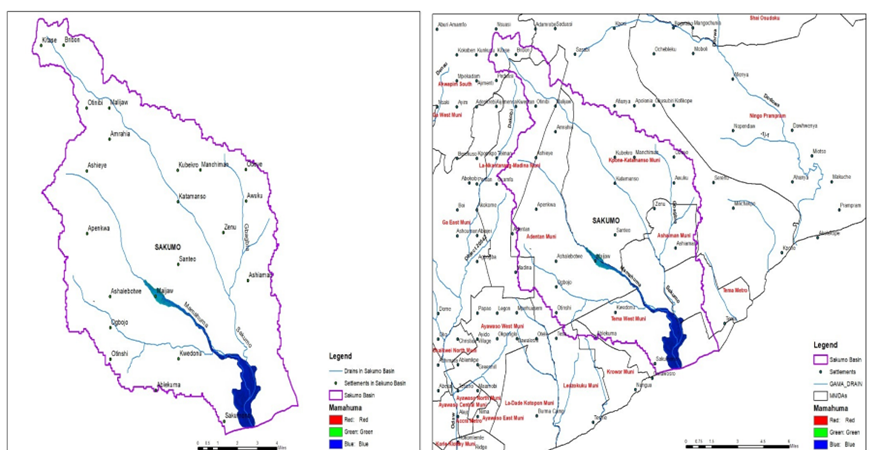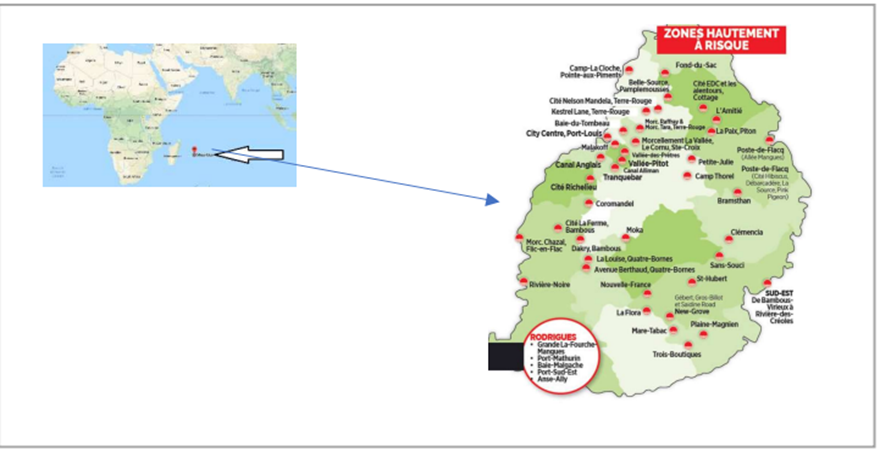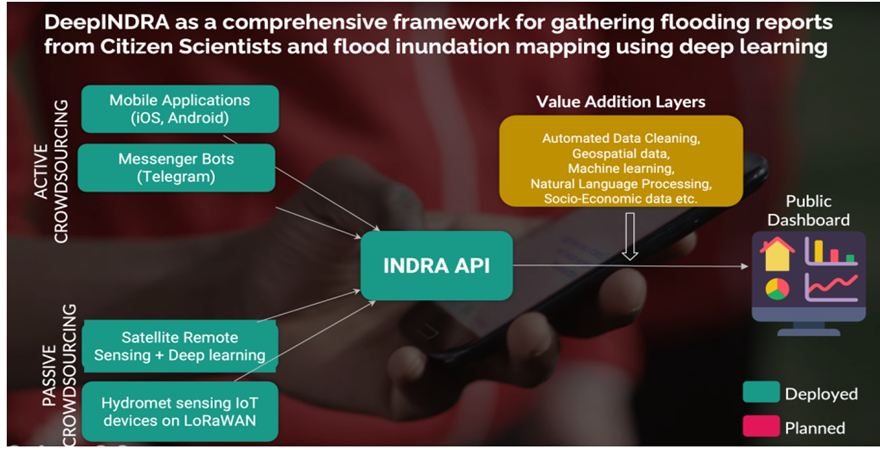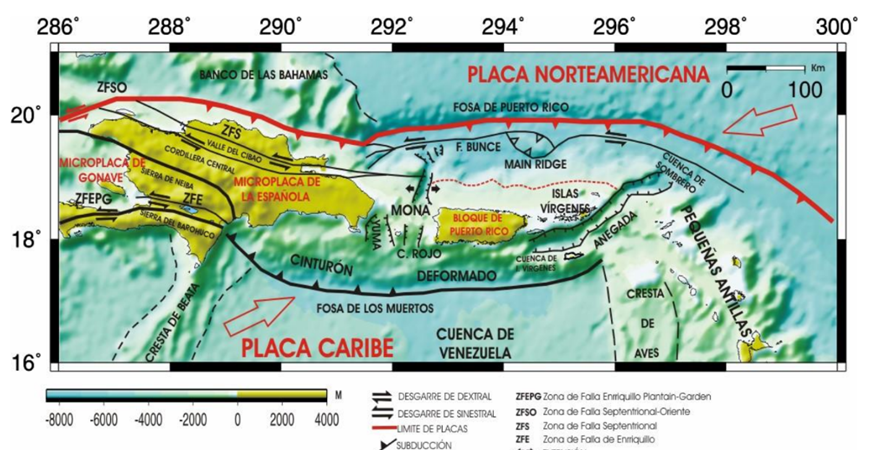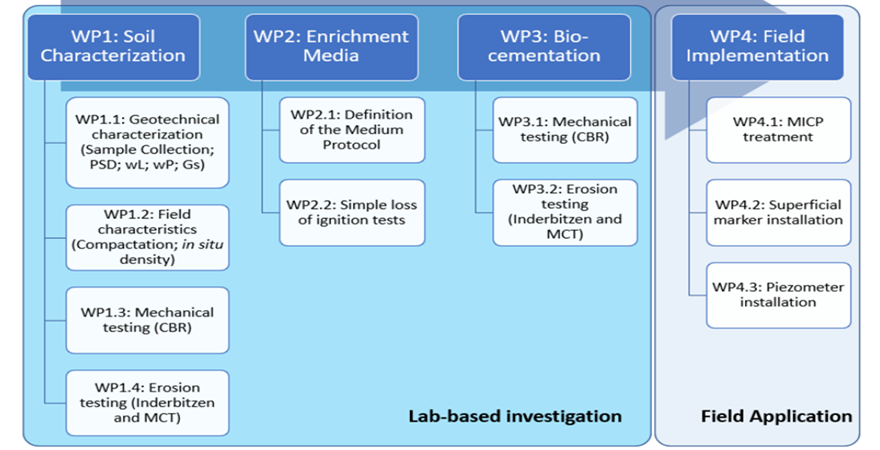- +91-11-4044-5999
- info@cdri.world
-
Copernicus Marg, New Delhi, INDIA
 mainstreaming inclusion of persons with disabilities in disa.png)
Strategic actions to build resilience for all (Saral) mainstreaming inclusion of persons with disabilities in disaster management
Mr Utsav Choudhury, Ms Kanika Bansal
National Institute of Urban Affairs, India
Research problem: Persons with disabilities (PwDs) are disproportionately affected in disaster and emergency situations due to inadequate levels of preparedness and inaccessible evacuation, response, and recovery systems. Their vulnerability is correlated to their type of disability, socio-economic conditions, and access to mitigation and relief resources. Hence, there is a need for inclusive resilience strategies.
Innovation/novelty: The seven-step approach developed by NIUA, an inclusive approach to disaster risk reduction, will be pilot-tested in the study area. It would apply a holistic and comprehensive approach to include persons with disabilities into the disaster risk reduction and management cycle through evidence collection.
Proposed solution: A localised inclusive disaster management and risk reduction strategy needs to be developed through the adoption of an evidence-based and participatory approach. This starts with the involvement of PwDs in preparing and implementing disaster recovery and response mechanisms and includes evaluating the disaggregated data with their vulnerability to disasters.
Research Methodology: This would include secondary data collection (from reliable sources) to map the concentration of PwDs in disaster-prone zones, need assessment of sample PwD population, audit of the state of accessibility of DRR infrastructure, stakeholder consultations at various stages, leading to the preparation of localised inclusive strategies for DRR.
Practical application and implications: The inference from the study will help mainstream disability inclusion through reforms in the national, regional, state and district level policies and strengthen the inclusion of persons with disability in the DRR strategies. This could further be extended to the climate resilience and emergency response strategies.
Assumptions: Disasters are contributing to a higher number of persons with disabilities. There is a relatively equal distribution of PwD population in urban and rural cyclone-prone areas. Existing policies and strategies don't take into account the need of PwD cooperation and acceptance among the required departments and inter-departmental
Scope and limitations: The scope of the study will be limited to the areas within the judicial boundaries of the urban development department in the Ganjam District, Orissa, and only for cyclones and induced floods. Due to the resource constraints (financial and time), 1% of the disabled population will be considered as the sample size.
